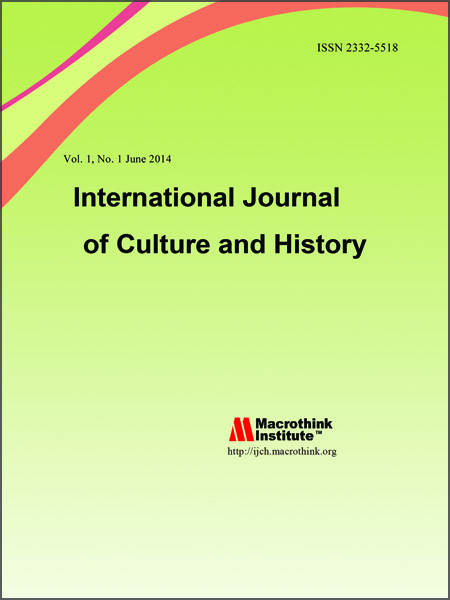Identity Lost and Regained: A Postcolonial Analysis of Don Shirley’s Dilemma in Green Book
DOI:
https://doi.org/10.5296/ijch.v8i1.18490Abstract
Images of black men in movies have been depicted negatively as brutal rioters or silly clowns at large for centuries, consolidating the stereotype that black man is inferior and subordinate compared with the white. Green Book, an Oscar-winning movie in 2019, subverts the traditional images of black men and white men, successfully portraying a well-educated black intellectual and a vulgar white driver. The present study aims to decode its success in characterizing positive images of black men, and reveal the psychological activity and identity dilemma of the hero, Don Shirley. Based on Fanon’s psychoanalysis and Bhabha’s hybridity theory, this paper probes into the following questions: Firstly, what kind of psychological trauma did the black hero suffer due to his black identity? Secondly, what leads to the hybrid identity of Don Shirley? The result shows that the black hero experienced the psychological trauma of inferiority complex and delusion of becoming white. He first mistook himself as a white man, then he lost his identity and finally regained a hybrid identity. Hybrid identity is attributed to cultural assimilation and otherness, which is a common phenomenon under the backdrop of colonialism. By an in-depth analysis of Don Shirley’s identity dilemma, this paper hopes to shed light on racial discrimination from the perspective of post-colonialism.

